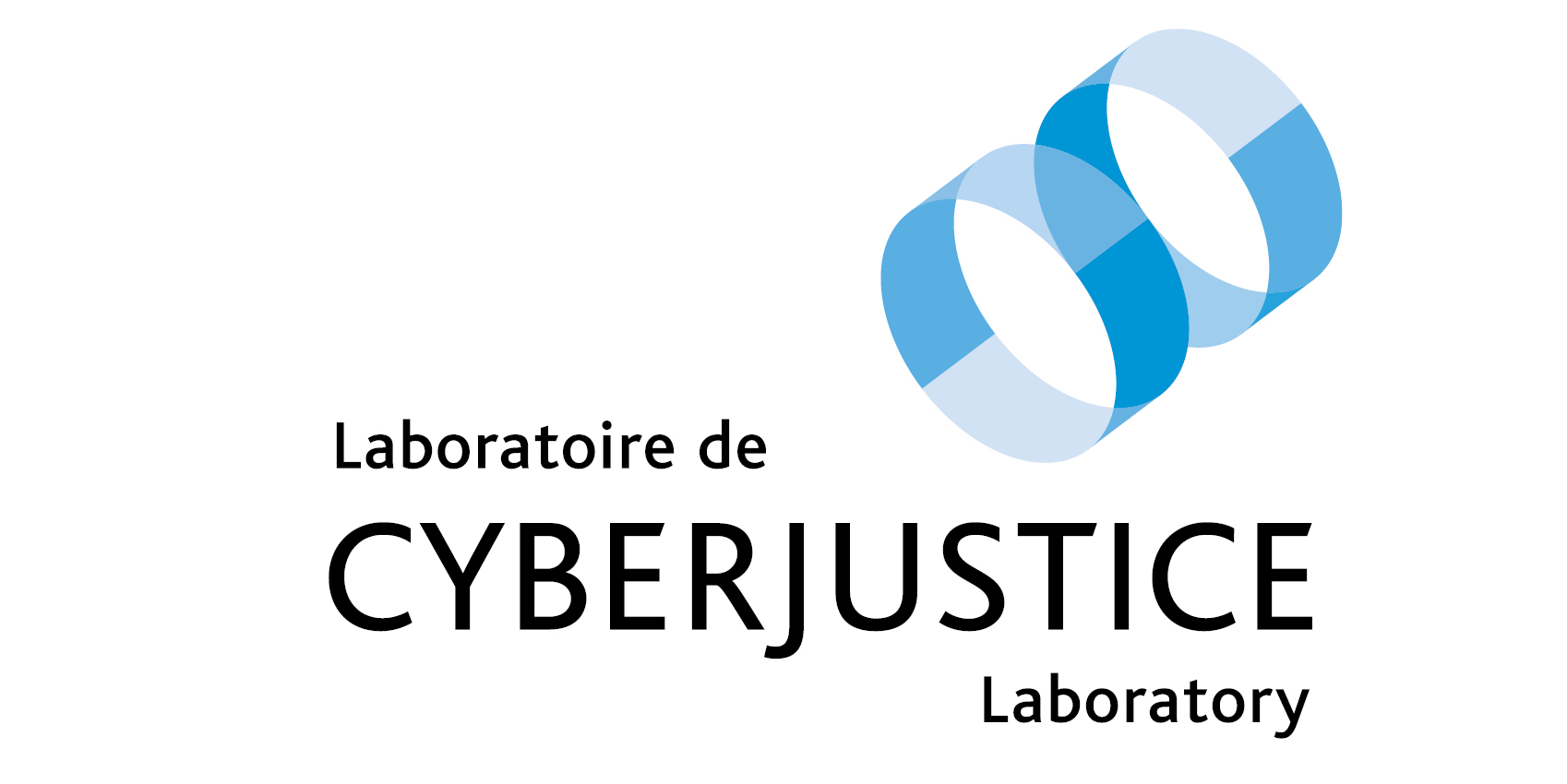Faux-riginality in an Age of Mass Production: Why Copyright Should Not Protect Machine-Generated Content
18 février 2020 • 16h30
Salon François-Chevrette, Pavillon Maximilien-Caron Université de Montréal
Conférence en anglais seulement.
Dans le cadre du cycle de conférences Jeunes chercheurs, la Chaire LexUM en information juridique accueille Sarit Mizrahi, candidate au doctorat à l’Université d’Ottawa, qui présentera une conférence qui s’intitule « Faux-riginality in an Age of Mass Production: Why Copyright Should Not Protect Machine-Generated Content » (En anglais).
Conférencière

Sarit K. Mizrahi is pursuing her Ph.D. at the University of Ottawa. Her thesis explores copyright issues arising from creators’ use of creative algorithms, particularly regarding how human authors’ use of artificial intelligence to enhance their own creativity can impact their rights as well as the proliferation of knowledge. Her research is supported by the Social Sciences and Humanities Research Council through a Joseph Armand-Bombardier Scholarship.
Prior to pursuing her doctorate, Sarit received her LL.B., J.D. and LL.M. at the University of Montreal. She was awarded the Prix Henri Capitant 2014 for her master’s thesis, which concentrated on the legal implications of Internet marketing in light of privacy, competition, trademark and consumer protection law. She continues to work as a researcher at the University of Montreal’s Cyberjustice Laboratory, which seeks to increase access to justice through technology.
Abstract
The twenty-first century is credited with machines that can generate anything from poems to novels, as well as musical compositions and works of art – all with a certain level of proficiency that would have any human doubting that they were created by a machine. In view of machines’ capacity to generate creative works that are indistinguishable from those of humans, several scholars have posited that such content ought to be entitled to copyright protection because it ostensibly satisfies copyright’s low originality threshold. Very few, however, have seriously contemplated whether these imitations of authorship are the types of works that copyright even ought to promote.
This presentation argues that, despite the ability for machine-generated content to appear creative, it is incapable of pursuing the goals that are fundamental to achieving copyright’s purpose and should therefore not be afforded such protection. By delineating the types of intellectual endeavours copyright was historically constructed to protect, the first part of this article distinguishes authorship’s essence from what the originality principle has come to embody in modern copyright legislation. It demonstrates why copyright’s low originality threshold is not enough to justify protecting robotic works, despite their appearance of creativity.
The second part of this presentation proceeds to unearth the social dialogue that sits at the core of authorship and illustrates why robots lack the necessary qualities enabling them to participate in this crucial discourse. In its third part, this article exposes the acute difference between robotic productions and rule-based creations by humans. It demonstrates how the lack of intellectual labour implicated in the former makes it impossible to advance – and even risks hindering – the social dialogue underlying copyright. By illustrating how the denial of copyright protection for machine-generated content is unlikely to thwart advances in this arena, the last part of this presentation outlines that there is little to justify extending copyright protection to such works and offers support for their inclusion in the public domain. The presentation concludes by illuminating the risks of outsourcing our creative processes to machines.
Entrée libre
Ce contenu a été mis à jour le 9 juin 2020 à 13 h 29 min.
